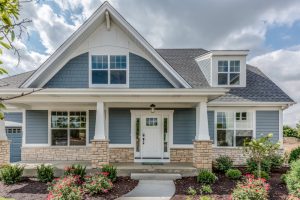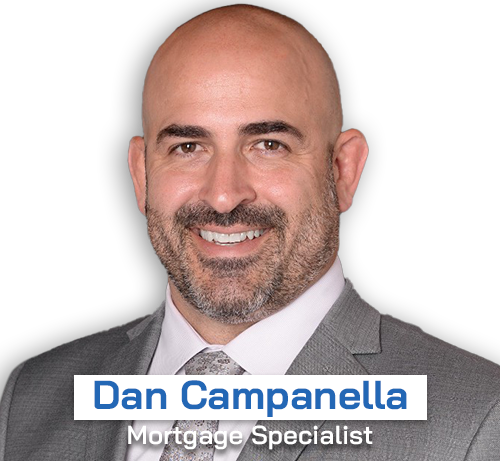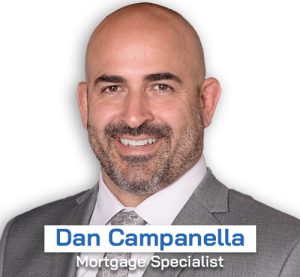
Will You Choose A Single-Family Home?
A single-family home is a free-standing residential building. Single-family homes are designed to be used as single-dwelling units, with one owner, no shared walls, and its own land. All you need to do is move in. But in the market today, competition is fierce. According to the National Association of Realtors, the inventory of homes for sale in the US reached its lowest level in over 20 years. When you are feeling frustrated, remember why you are house hunting in the first place as the process can be an emotional roller coaster. You will have to make quick decisions when deciding upon a home. When you place a bid, look for homes priced slightly below your budget that allows you to afford a competitive bid that is over the asking price. Save up as much as you can so you can feel confident in your offer price and down payment. Sellers typically favor buyers who have more cash to put into the purchase — this reassures them that the deal is more likely to close. As well, if the appraisal comes in lower than your offer price, if you have a cash cushion, you will have more options for how to handle that scenario.
Do You Like The Thought Of New Construction?
Of course, new construction homes will be higher in price. According to the National Association of Realtors survey those who bought new construction paid a median price of $85,000 more than those who purchased a previously owned property. The most cited reason home buyers give for purchasing new construction is to avoid renovations and repairs. When you buy a used home, you are on your own if something goes wrong. With a new home, you will have warranties, plus all new appliances, and utilities. The average home search takes about 10 weeks followed by several more weeks to close and get the keys to your new home.
Should Your First Home Be A Fixer-Upper?
Buying a fixer-upper can be a more affordable choice for your first home. Fixer-uppers require more preparation, work, and time than buying a move-in-ready home, and they may have hidden costs. You can finance home improvements in several ways, including through special mortgages or personal loans. 26% of first-time home buyers said they compromised on the condition in order to buy a home. According to the Harvard University Joint Center for Housing Studies, 80% of American homes are at least 20 years old and 40% are 50 years old. Working with an experienced home inspector to determine what needs to be addressed in the renovation is a must.
Which Loan Is Best For First-Time Homebuyers?
FHA loans are excellent for first-time homebuyers because, in addition to lower up-front loan costs and less stringent credit requirements, you can make a down payment as low as 3.5%. Conventional mortgages are the most common home financing tool. Conventional mortgage lenders, like banks and credit unions, typically require you to have a credit score of at least 620 and a debt-to-income ratio lower than 50%. Down payments can vary, but you’ll likely need private mortgage insurance if you put less than 20% down. There are also construction loans and renovation loans suited for borrowers who are remodeling or financing new construction. A lender that offers loan products for the kind of property you want can guide you through your choices. Working with a personal loan officer can arm you with the answers, opportunities, and loan programs you’ll need to succeed.
Before you sign on that dotted line make sure you’ve also factored in all the costs that homeowners tend to overlook. The down payment, closing costs, furnishings, insurance, appliances, and improvements are just the beginning. From property taxes and HOA fees and upkeep, there are several recurring fees to keep in mind too. Knowing your budget will make the process so much easier and more exciting.
Contact Dan (954-336-1922) for a free consultation!
—
 About Dan Campanella – Mortgage Specialist
About Dan Campanella – Mortgage Specialist
Dan provides clients with years of proven experience and an abundance of financing options for their mortgages. His common sense approach and devotion to customer service is what sets him apart in the highly competitive mortgage industry. Dan prides himself on consistently delivering “referable services” to his clients, referral sources, and partners.

